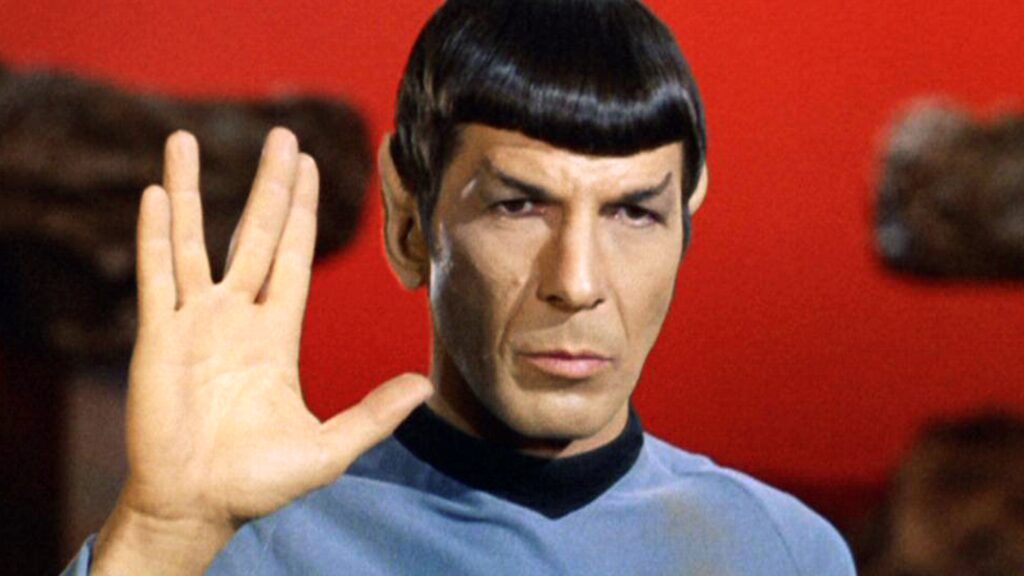
There is little need to introduce or describe the Star Trek franchise to most people. It is a cornerstone of the science fiction genre, popularized by the original television series in the 1960s, followed by many movies and subsequent series spin-offs. But probably most notable is the imagined alternate future of Earth where humans have evolved beyond destructive and self-serving behaviors to a place where there is diversity, prosperity, and virtually no war or poverty. The imagined society’s ability to rise above human greed and conquest made way for a future beyond the planet, where everyone working together elevated humanity to a higher level of advancement – exploration of space and the United Federation of planets.
Peace and Prosperity

The utopian society reflected in the Star Trek franchise is incredible because of the imagined peace, not only among all the people of the Earth but also with other species and planets. The series touches on the end of war using references to a devastating World War III scenario, which is a recurring theme through multiple series spin-offs, including the original series and the popular Next Generation. The aftermath of the war even sets the stage for human contact with extraterrestrial beings in the movie First Contact.
Throughout its history, Star Trek has juxtaposed major conflicts in the real world. The first American troops landed in Vietnam in 1965 to support the war effort, and the original Star Trek series was released the following year. The Next Generation Series was released the same year the Berlin Wall fell and continued its success through the start of the first Gulf War.
Diversity and Inclusion
From the beginning of the first series, Star Trek broke social norms by including a multicultural cast. While the captain was still a white male, the crew included a variety of ethnicities including african-american, asian and even a russian crew member while the Cold War continued to keep the US and Russia at odds.

This series was also running during the peak of the Civil Rights Era, and in one famous episode (Season 3 Episode 10 – “Plato’s Stepchildren”) there was an on-screen kiss between Captain Kirk and Lieutenant Uhura. Something as simple as a kiss showed the true alternative imagination of the show – where the divisions that were pronounced in the society of the time no longer exist.
Star Trek Tech
We can also see the use of ‘future’ technology and how it is used in the series as a tool for advancing human potential. Replicators for food may be interpreted as a way to eliminate food deserts or create a more sustainable food system. Warp drives and teleports allow Star Fleet to travel faster and fulfill their mission to Explore new worlds and seek out new civilizations. We can see that technology is a tool that has helped them advance, and realize their need for information and enlightenment.
How Far Are We From Starfleet
For any of the changes imagined in the Star Trek series to come to fruition, changes would need to be made on many levels. There would need to be systematic change that would allow people to live better lives through things like food security and health care. By providing basic human needs such as these we could reduce crime and create a healthier society. Also, if we move technology toward education and enterprise as opposed to entertainment we can reduce misinformation and the division it creates and instead use it as a tool for growth and prosperity. We as individuals would need to change too, putting more of a focus on education, critical thinking, and diversity. This would allow us to live in better harmony with one another.
There may be some fantastic things introduced by Star Trek that are already available, for instance, 3D-printed food. When the series first launched in the ’60s, the food replicator likely seemed an impossible tool, but there are now companies that can print food from edible filament. This does not mean that we are close to the utopian society imagined in the work of Star Trek – quite the opposite. In today’s world where we can not even agree on facts, there is still an overwhelming amount of systematic bias, and our children are more anxious and less prepared, we seem to be moving in the opposite direction.
